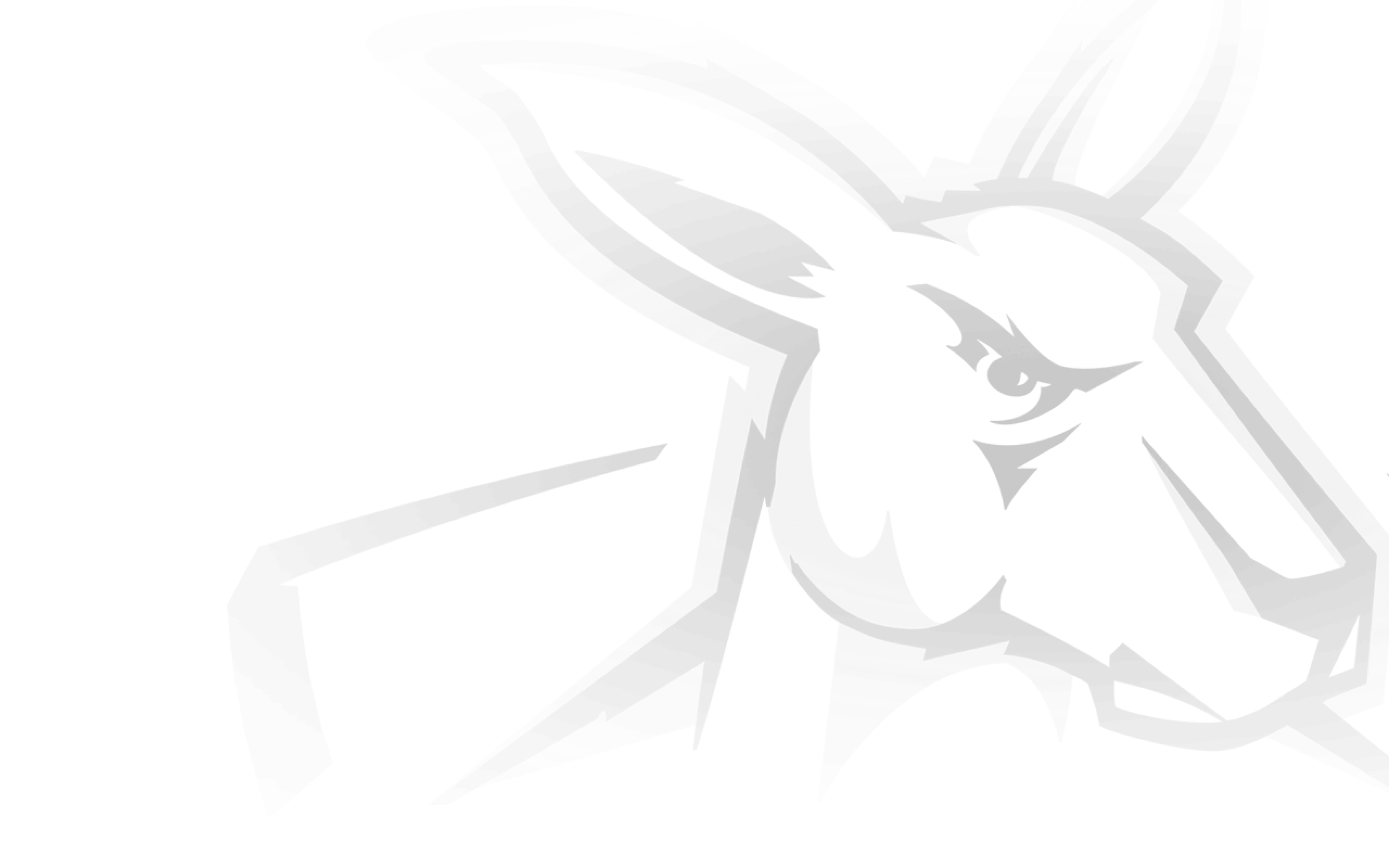Carl Dilena insists Arden Street will be 'forever home of the Shinboners' but says to make it so for future generations, the club needs to expand.
The North Melbourne managing director and CEO emphasising the importance of growth on North Media’s In Review podcast.
“Over time, we’ve been looking at how to expand our supporter base, and all of the the smaller supporter-base Melbourne clubs have had the same challenges," Dilena said.
“Each of us have had to try and expand or look at secondary markets and how you grow your supporter base in another market beyond your immediate Melbourne base, because it’s hard competing against the bigger clubs."
For North, that secondary market is Tasmania; a destination that has provided the club with stability both on and off the field. Dilena quick to point out the Kangaroos aren't the only team taking such an approach to play games interstate.
“It’s not dissimilar to other clubs, with Melbourne playing up in the Northern Territory,f the Bulldogs now in Ballarat, and previously St Kilda in New Zealand,” he said.
“Each of us are trying to say ‘how do we expand our supporter base longer term, and keep growing, being strong and growing as AFL clubs?’”
Amongst the potential ideas is the possibility of playing a fourth game in Tasmania, but before a decision can be made, Dilena says the club and its members must weigh-up the pros and cons.
“The (four game) model for Hawthorn has been fantastic, and that’s really helped them become strong financially and perform well on-field, so you can’t dismiss these opportunities," he said.
“You’ve got to weigh them up, assess them, and then work out how does that help us entrench us here at Arden Street, but also keep growing, you can’t shut off those opportunities.
“It’s not something that you rush into, because we need to think about what does it meanfor our members in Melbourne, how are they impacted by that? If you take away a home game, what does it mean with a replacement home game? Does it work effectively?"
Dilena moved to ensure members that if a deal is made, it will be done for all the right reasons and with them on board.
“What we’ve also been doing is letting our members know that we’re looking at these sorts of things,” he said.
“They need to come on the journey with us, we want feedback from them if there’s any particular concerns if we did that.
“The important thing is, and I think what our members understand is, we need to keep growing, expanding and becoming stronger, and that’s really been the mindset of the club since I came onto the board in early 2008 after the whole Gold Coast spill of the board.
“Our mindset as a club from there has been how do we entrench ourselves at Arden Street, but how do we also grow as a club and expand.
“You need to do things a little bit differently to expand and be stronger as a club."
Dilena insists Tasmania is working and has massive potential.
“The difference with Tassie, and the beauty of Tasmania, is that it is a traditional football state. So rather than trying to convert people who don’t really understand football, you’ve got a captive audience," he said.
“That has meant we’ve been able to grow 8,000 members in Tasmania, now we weren’t able to do that in any other market.
“We need to nurture that market and keep investing in that market as we’re doing with the academies, as we’re doing with our AFLW team, because it’s so important to our long-term future to make sure we get that right and we’re not jumping all over the shop again.
“If you think about the next generation of kids coming through that are needing to pick a team, if you’re based in Hobart and you’re a kid who can go along to the footy and watch Ben Brown, a local Hobart hero, playing at Blundstone Arena in North Melbourne colours, why wouldn’t you follow North Melbourne?
“With all the work we’re doing on academies and school programs down there, this next generation of kids should underpin a supporter base in Tasmania into the long term, and that’s what our strategy is all about.
“It’s not a short-term, go and get paid for playing some games there, it’s how do we make a generational change for our member base.”
But Dilena has also identified massive growth opportunities closer to home with a once in a generational transformation of the North Melbourne suburb. However they may not come to fruition for a while yet.
“In North Melbourne, there traditionally hasn’t been a massive population because a lot of it is light industrial,” Dilena said.
“The changing face gives us a great opportunity in the long term to build our supporter base."
Listen to the full 'In Review' podcast here:


